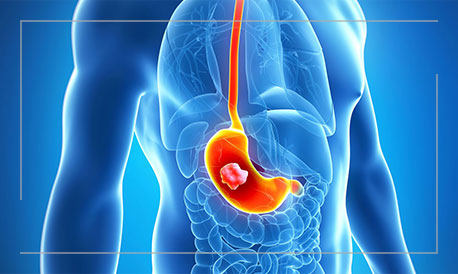Gastritis
To diagnose gastritis, your doctor will review your personal and family medical history, perform a thorough physical evaluation, and may recommend any of the following tests:

Expert Health Advice for Life
Modern life style can be complicated. Simplify it by adopting Ayurveda, the most ancient way of living a healthy life. Meet experts at Aagyarth for your healthy and happy tomorrow.